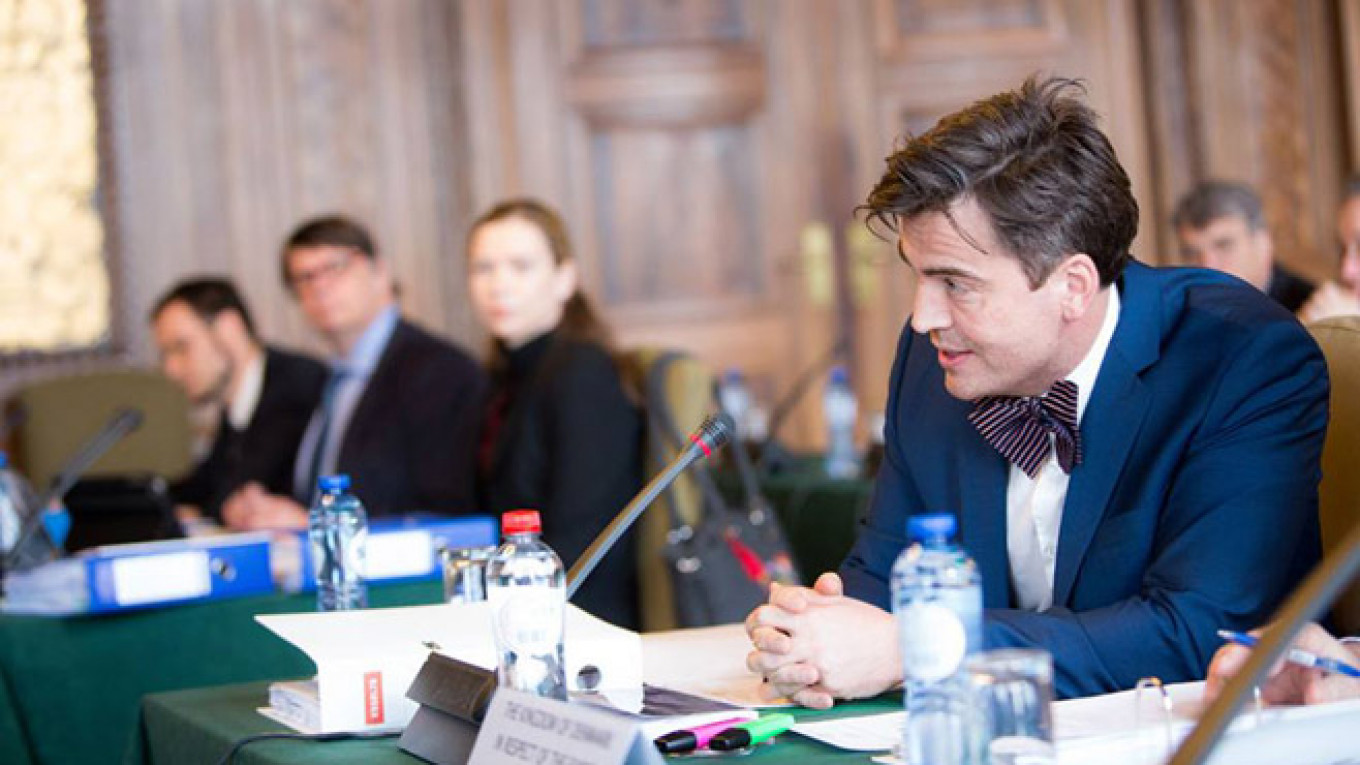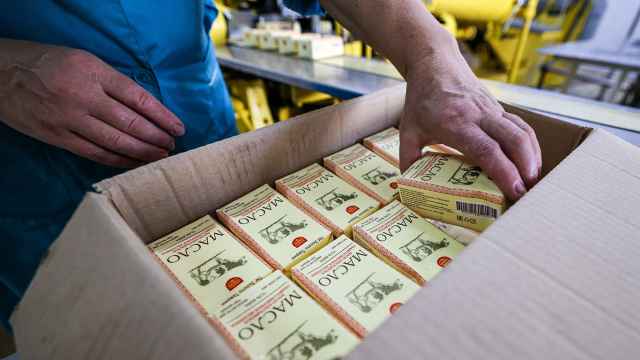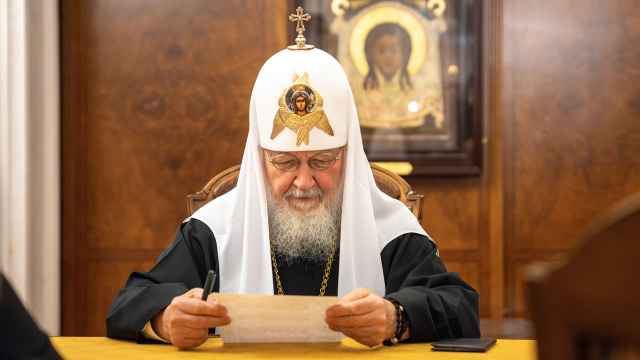The Faroe Islands, an 18-island archipelago that has emerged as a winner in the tit-for-tat sanctions between Russia and the West, opened on Tuesday a representative office in Moscow amid growing tensions over the lingering crisis in Ukraine.
Though they are within the Kingdom of Denmark, the fishing-dependent Faroe Islands — located between Norway and Iceland — are not within the European Union.
The Faroe Islands, home to some 48,000 people, have complete autonomy in all trade matters, and are not constrained by Denmark's membership in the EU.
They are thus exempt from a food-import embargo Moscow imposed in August as a retaliatory move after a number of Western nations, including all of the EU member states, sanctioned Russia for its annexation of Crimea and its perceived role in the Ukraine crisis.
Bjorn Kunoy, a legal adviser in the Faroe Islands' Foreign Affairs Department appointed as the head of the archipelago's representative office in Russia, told The Moscow Times on Tuesday that the decision to open an office in Moscow predated the current political strife between Russia and the West.
"Other than the long-standing cooperation in fisheries between the Faroe Islands, there has been a relatively high increase of trade flows between the two countries," Kunoy said. "On the basis of these elements, a political decision was made to open a representation in Russia to strengthen the relations between our countries."
Fish products represent 95 percent of the Faroe Islands' merchandise exports and account for 20 percent of its gross domestic product, according to government figures.
Russia's first bilateral fisheries agreement with the Faroe Islands was signed in 1977, Kunoy said. The governments of Russia and the Faroe Islands have more recently strived to increase cooperation, signing a Most-Favored Nation treaty in 2006, thereby guaranteeing each other mutual trade advantages.
Since Russia imposed its ban on fish products from many Western states, Kunoy said he has noticed an increase in his country's export of fisheries to Russia, including mackerel, herring and most importantly, salmon.
The Faroe Islands sold almost 800 tons of salmon to Russia in August, the month the country banned food imports from the EU, U.S., Canada, Norway and Australia, according to news site NORA Region Trends.
From September to December of last year, the archipelago's salmon sales to Russia totaled $79 million, The Wall Street Journal reported last month, citing government data. This figure represents more than 40% of its total salmon exports by value, up from 7% for the same period in 2013.
Kunoy said Russia and the Faroe Islands have strong cooperation potential in the field of aquaculture, a nascent industry in Russia. Fish farming is the second most important contributor to the Faroese economy.
"Our short-term objective would be to enter into a free-trade agreement with Russia, but also with neighboring countries that are part of the Eurasian Economic Union," Kunoy said. "We believe it is in the mutual interest of both countries to explore this possibility."
The Moscow office will be the tiny archipelago's fifth foreign office. Its other representative offices are based in Brussels, Reykjavik, Copenhagen and London.
Contact the author at g.tetraultfarber@imedia.ru
A Message from The Moscow Times:
Dear readers,
We are facing unprecedented challenges. Russia's Prosecutor General's Office has designated The Moscow Times as an "undesirable" organization, criminalizing our work and putting our staff at risk of prosecution. This follows our earlier unjust labeling as a "foreign agent."
These actions are direct attempts to silence independent journalism in Russia. The authorities claim our work "discredits the decisions of the Russian leadership." We see things differently: we strive to provide accurate, unbiased reporting on Russia.
We, the journalists of The Moscow Times, refuse to be silenced. But to continue our work, we need your help.
Your support, no matter how small, makes a world of difference. If you can, please support us monthly starting from just $2. It's quick to set up, and every contribution makes a significant impact.
By supporting The Moscow Times, you're defending open, independent journalism in the face of repression. Thank you for standing with us.
Remind me later.






